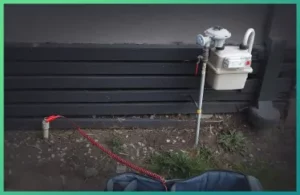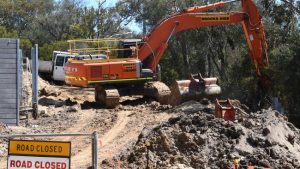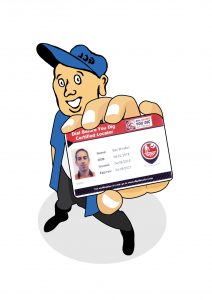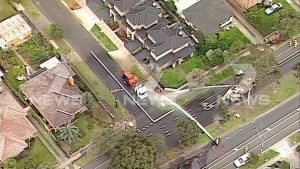So, each month you get your water bill in the mail and the amount of water you use is pretty consistent, right? In summer you generally use more water—as you are watering the gardens and some air conditioners use water to cool the house—and then in winter it should be a little less.
But what do you do if, all of a sudden, one month you open the envelope and the amount of water used that month has skyrocketed?
Well, after you get up off the floor from shock you start to think what happened during that month for you to have used so much more water than normal. If you think back and remember, “Ahh, that’s right: I forgot to turn the hose off while watering the plants because we were in a rush to head away for a weekend,” well, then, although you will need to find a few more dollars to pay this month’s bill, you can at least rest assured you know why you used more water.

But what if you can’t work out why you have used more water? Well, you never know—you might actually have a leaking water pipe that you may not be aware of.
So what do you do?
There are several ways to check for leaks. You can use acoustic locating equipment; you can put compressed air down the water line; you can even use traceable gas.
But before you do any of this why not make sure you really do have a leak. Now, you can call the professionals in to do this for you, but why not save some money and try and do it for yourself initially?
Depending on whether or not someone is at home during the day, before you leave for work in the morning, go around the house and make sure all the taps, the washing machine and the dishwasher are all turned off. Then head out to your water meter with your phone and take a photo of the meter reading. You’ll need to read this number later so make sure you get a good photo. Then head off to work.
When you get home from work, say 10 hours’ later, go straight to your water meter and check what the reading is now. Compare the new reading to the reading on your phone. If it’s different to what you had when you left the house in the morning, then you have a leak. Write down what the difference is and then repeat the process for the next 2 or 3 days and see if the figure is consistent.
If you have kids at home during the day, or you have a factory, or you’re reading this because you have think you have a water leak at work and you can’t stop using the water during the day, then simply do the exact same process—just reverse it around. In other words, take your reading at night and then check it again in the morning. Also, make sure that if you have any automated sprinkler system you’ve turned it off as they do generally turn on via a timer at night and this will of course alter your figures.
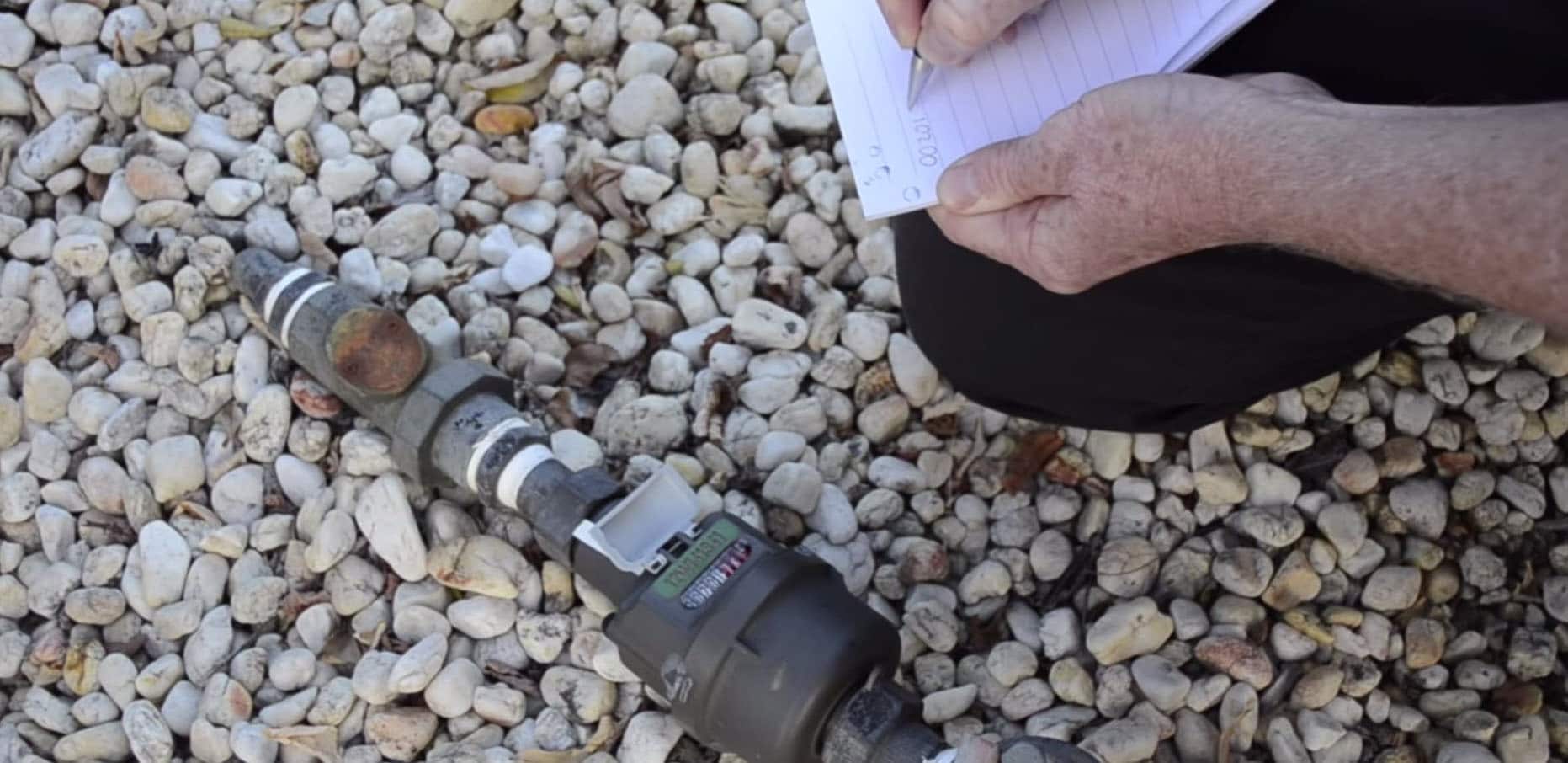
So you do have a water leak—now what?
Now if you do have a leak, then you need to call in a specialist leak detector to come and help you out. Make sure you have the individual water meter figures for the 3 test days as this is information they will need.
At Geelong Cable Locations we do own acoustic leak detection equipment that’s designed to find leaks. However, at this stage this is not a service we offer clients. Just as Ground Penetrating Radar is a very specialised skill we have mastered over several years (and have had specialist training in America to fine tune our skills), the art of water leak detection also requires experience and a special talent to really master.
In the future we may well start offering this service—and in fact we have already traveled up to Sydney and completed leak detection training—but even so, for now, we prefer to stick with the stuff we know we are the absolute experts at!
Instead, when we are on a site that needs a professional leak detector, we call Neil Archibald from Archibald’s Leak Detection Services. Neil has been around for many years and has a real knack for it.
Of course there are many other companies that claim to offer leak detection and a simple Google search should help you find someone that can help you out.
And, for the record, the reason why we bought acoustic leak detection equipment was not to find water leaks, but instead we’ve combined it with specialised equipment from Germany and made it into a locator that can find plastic water pipes. If you want to see the acoustic locator in action, here’s a video I made showing it in use locating a plastic water pipe from a meter to a house.
Now, while we are on the topic of videos and leak detection, both Western Water and South East Water have recently produced really good, simple and straightforward videos explaining their way of going about finding if you have a leak, doing pretty much what I’ve just walked you through above. So if my instructions were a bit hard to follow, then watch either or both of their videos—which I’ve added below—and see if they help out more.
Do I have a water leak?
Western Water
South East Water

